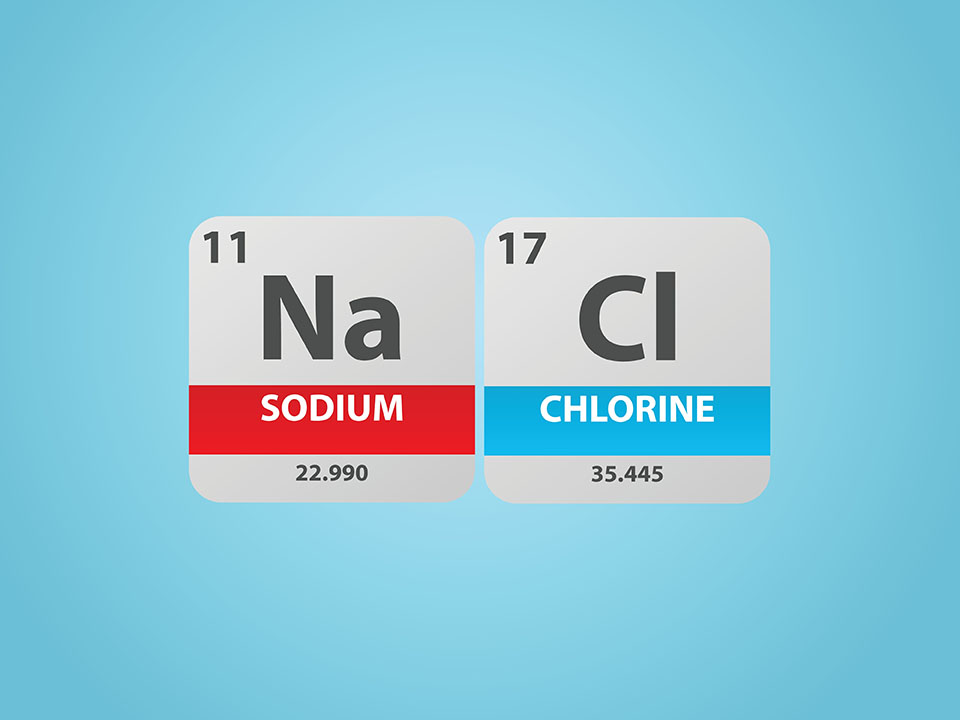
sodium
Definition
Sodium is a chemical element with the symbol Na and atomic number 11. It is a soft, silvery-white, highly reactive metal. Sodium is the sixth most abundant element in the Earth's crust, and the seventh most abundant element in the universe by mass.
Sodium is a member of the alkali metal group in the periodic table. Alkali metals are very reactive and have low ionization energy, which means that they lose electrons easily. Sodium reacts with water to produce a flammable gas called hydrogen.
Sodium is an important element for life. It is found in table salt, and it is also used in many other products, such as baking soda and soap. Sodium is also essential for nerve transmission and muscle contraction.
How can the word be used?
Sodium is found in many foods, such as table salt.

Different forms of the word
Noun:
- a soft, silvery-white metallic element that is highly reactive and occurs naturally in combined forms. It is an essential nutrient for humans and other animals.
Adjective:
- relating to or containing sodium.
Etymology
The word "sodium" comes from the Latin word "sodanum", which means "bitter salt".
The first recorded use of the word "sodium" in English was in 1620.
The word "sodium" is derived from the Latin word "sodanum", which is itself derived from the Arabic word "soda".
Question
What is sodium used for?
AQA Science Exam Question and Answer
Question:
Describe the role of sodium in the human body and its importance for maintaining proper physiological functions, focusing on its role in nerve impulse transmission.
Answer:
Sodium, an essential mineral, plays a critical role in maintaining various physiological functions within the human body. One of its key functions is its involvement in nerve impulse transmission, a fundamental process for communication between nerve cells.
Nerve impulses, also known as action potentials, are electrical signals that travel along nerve cells (neurons) to transmit information throughout the body. Sodium ions (Na+) are crucial for initiating and propagating these impulses. When a nerve cell is stimulated, sodium channels open in the cell membrane, allowing a rapid influx of sodium ions into the cell. This influx generates a positive charge inside the cell, leading to depolarization. The change in electrical charge triggers the propagation of the nerve impulse along the neuron.
The sodium-potassium pump, another important mechanism, helps maintain the proper balance of sodium and potassium ions within nerve cells. This balance is crucial for the cell's resting potential, ensuring that it can efficiently transmit nerve impulses.
In addition to nerve impulse transmission, sodium is essential for maintaining fluid balance, regulating blood pressure, and supporting muscle contraction. Adequate sodium intake, balanced with other electrolytes like potassium, is necessary for overall health and proper physiological functioning.